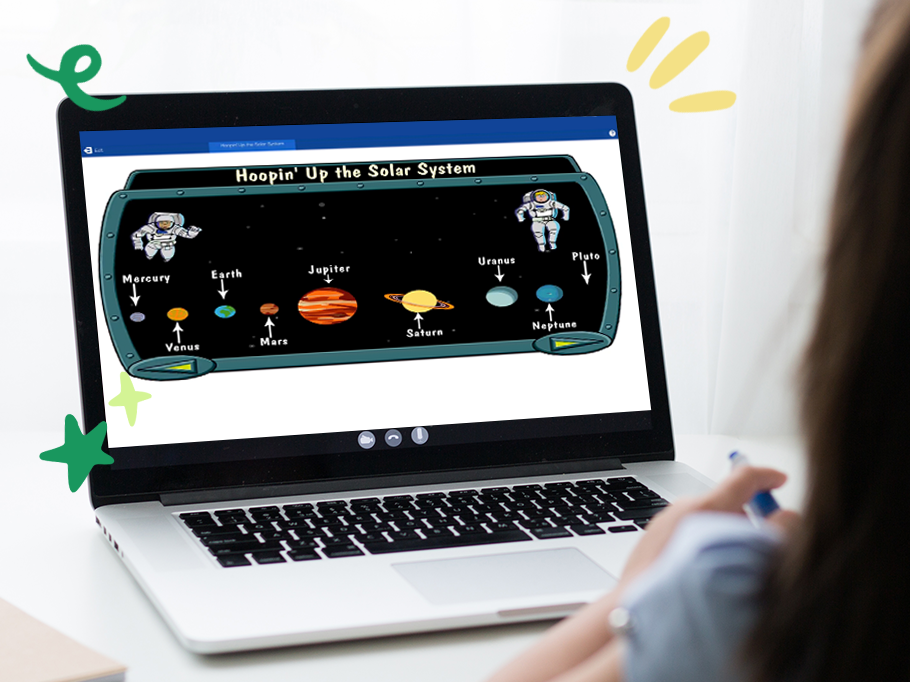How to homeschool in West Virginia


West Virginia homeschooling laws and options
We have done our best to ensure the accuracy of this information, however it should not be interpreted as legal advice. It is your responsibility to interpret and understand the laws that you will be homeschooling under.
How to homeschool with Time4Learning in West Virginia
Getting started with homeschooling in West Virginia is easy with Time4Learning! Here’s how you can ensure a smooth beginning for your homeschooling experience.
FPO lifestyle image



West Virginia’s high school graduation and diploma requirements

Standardized test requirements for West Virginia homeschoolers

Applying to college as a homeschooler in West Virginia


















